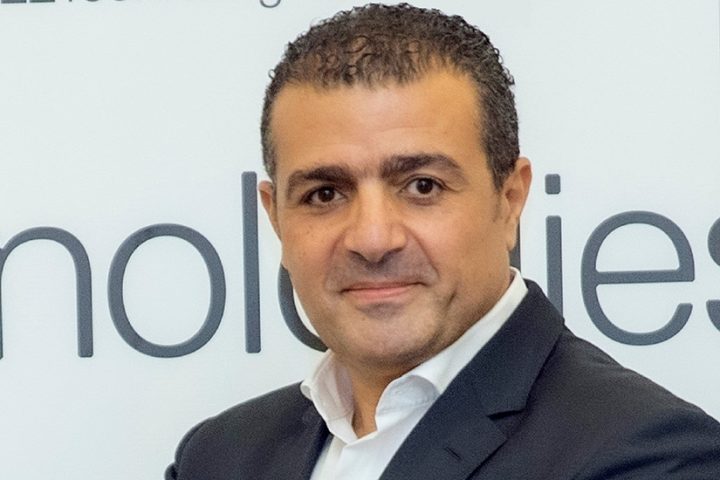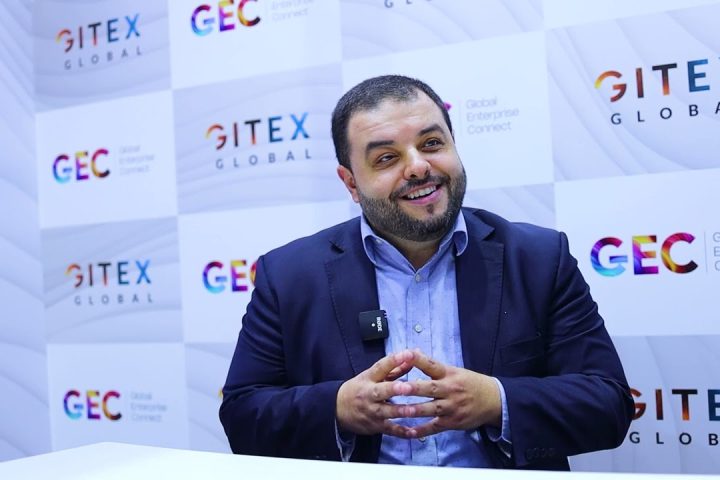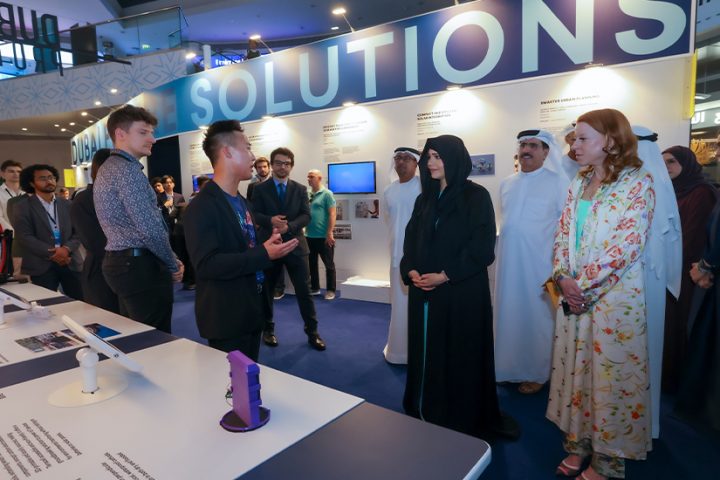Today’s exponential data growth, rise of multi-cloud strategies and modern applications have created new challenges requiring businesses to ensure that every part of their organisation is protected. Dell Technologies works closely with regional CISOs and IT managers to identify potential vulnerabilities with its industry-first essential infrastructure solutions from the edge to the core to the cloud for safety and security transformation.
Applications that previously required human intelligence, including data analytics, complex processing, and visualisations are now augmented by powerful AI,ML and analytics, allowing for quick turnaround and response time. AI,ML are equipped to identify vulnerabilities and mitigate potential security breaches, as they can detect patterns and isolate critical data from ransomware and other sophisticated threats.
In addition to helping CISOs become more efficient at deterring future attacks, these algorithms give new insights and allow businesses to move forward with confidence.
Over the last 12 months, the scale, sophistication, and modus operandi of cyberattacks has increased greatly, calling for a modernised approach to cyber resiliency. There has been increased incidents of cyberattacks with employees becoming targets of ransomware, malware and phishing links. CISOs have increased investment in cybersecurity and strived to maintain cyber hygiene to tackle these threat actors.
Organisations have had to set in place remote security plans including multi-factor authentication, and also train their employees on the safe security practices of working remotely and using new platforms. With the increased adoption of cloud, organisation have also had to make sure that they are wary of misconfiguration, unauthorised access, and migration issues by having set cloud security strategies in place.
In this new normal, security should be intelligent, automated, and built into everything, everywhere – especially now with increasing remote workforces. For end user security organisations, growing their expertise and being equipped with enhanced cybersecurity offerings to address the increased concerns among end users is essential.
Advances in big data analytics, artificial intelligence, machine learning and data security will impact products and solutions for end-users. Embedded hardware authentication, to validate user’s identities and protect endpoints, will continue to transform how security is used. Also, with 5G deployments on the rise, increased security standards and protocols between 5G and IoT devices will be essential.
For instance, PowerProtect Cyber Recovery solutions and services from Dell Technologies provide the highest levels of protection, integrity, and confidentiality for customer’s valuable data and critical business systems and are a critical component of a comprehensive Cyber Resiliency strategy.
CISOs need to have both proactive risk and defense strategies, as well as incident response and recovery set in place to ensure business continuity. Next generation AI technologies that are able to detect and respond to attacks before they happen will also be key for the future. As the role of the CISO is changing rapidly, they are becoming more involved with the business to provide value in the long run.
Positive engagement in the boardroom comes from driving awareness on the fundamental role cybersecurity plays in the digital transformation journey, and how that aligns to business objectives. This entails connecting more regularly with the board members and teams that CISOs did not traditionally engage with, to encourage pursuing digital transformation with certainty.
For security organisations, growing their expertise and being equipped with enhanced offerings, they must address increased concerns amongst end users.



















